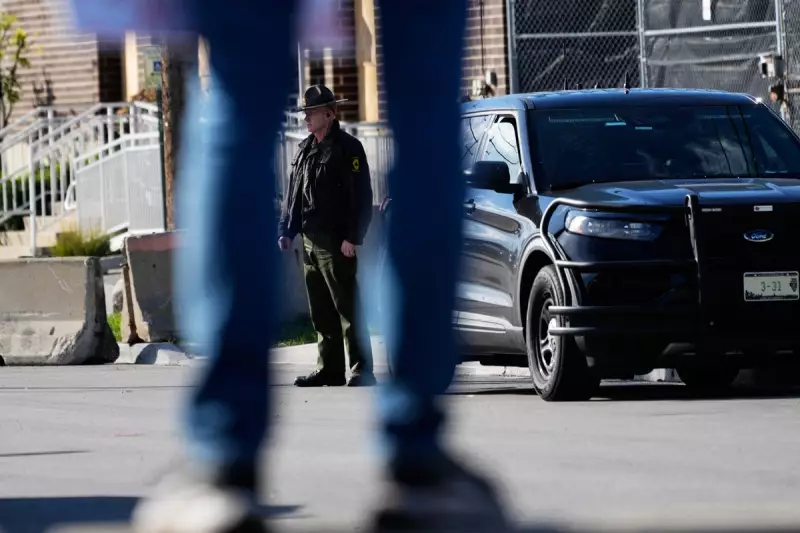
In a dramatic legal manoeuvre that could redefine presidential powers, former President Donald Trump has petitioned the US Supreme Court for immunity concerning his controversial deployment of National Guard troops during 2020 civil unrest.
The Legal Battle Intensifies
The petition comes as Trump faces multiple legal challenges regarding his actions during widespread protests following George Floyd's death. His legal team argues that ordering military-style interventions in cities like Portland and Chicago constituted "official acts" protected by presidential immunity.
Controversial Urban Crackdowns
During the summer of 2020, Trump deployed federal agents and National Guard troops to several American cities, with Portland and Chicago witnessing particularly intense confrontations. The moves sparked widespread criticism from civil liberties groups and local officials who accused the administration of escalating tensions and violating states' rights.
Constitutional Showdown Looms
Legal experts suggest this Supreme Court appeal represents a significant test of presidential authority boundaries. "This case could establish crucial precedents regarding how much protection former presidents enjoy for actions taken while in office," noted constitutional law professor Eleanor Vance.
Political Repercussions
The timing is particularly sensitive as Trump campaigns for a potential return to the White House. The outcome could significantly impact both his legal defences and his political narrative about law and order leadership.
As the Supreme Court considers whether to hear the case, observers on both sides of the political divide await a decision that could reshape understanding of executive power for generations to come.





